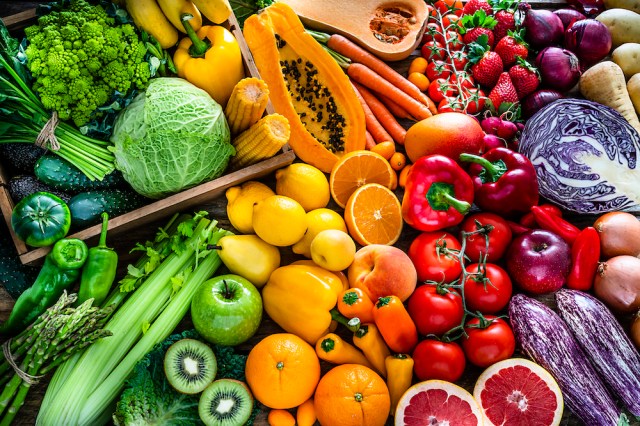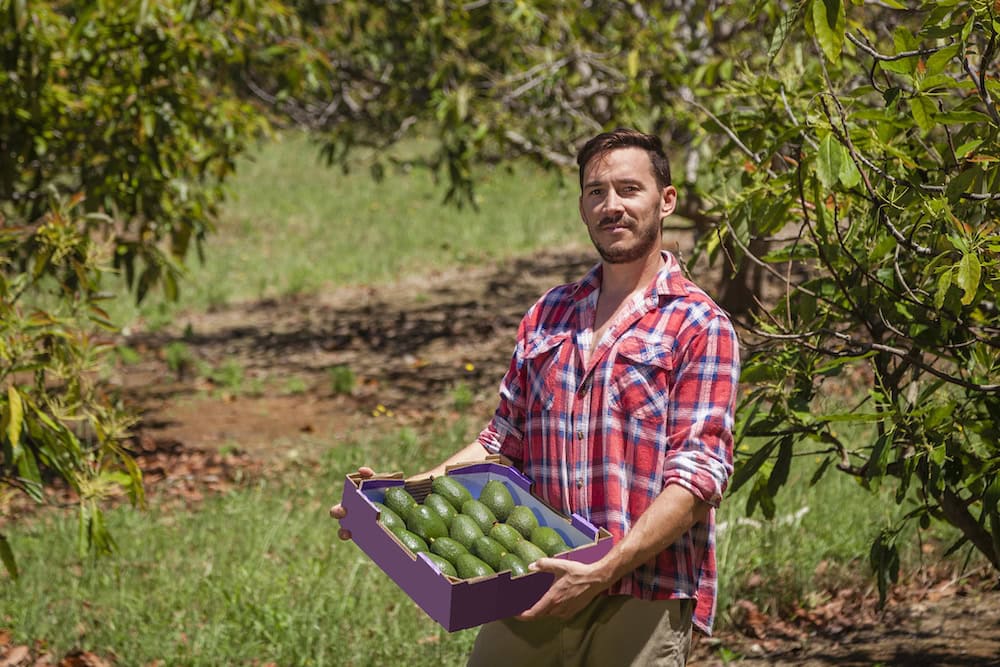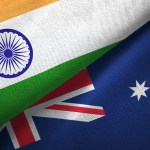NSW Farmers is partnering with the National Australia Bank (NAB) to help bolster the financial…
Aussie farmers set to strengthen horticulture trade with India

A new study aims to identify opportunities and challenges in exporting Australian horticultural products to India, enhancing trade ties and quality preservation.
Farmers are poised to better understand the path their products take to Indian consumers, focusing on preserving quality and strengthening trade within the lucrative market.
The initiative, orchestrated by Hort Innovation and executed by KPMG Australia, aimed to chart the export journey of horticultural goods to India by pinpointing key opportunities and hurdles and proposing methods to improve the standing of Australian offerings in the market.
The study received financial support from a federal government Agricultural Trade and Market Access Cooperation (ATMAC) grant given to Hort Innovation. The funding supported the broader objective of increasing the global reach of Australian agricultural produce.

Australia currently exports to more than 80 countries, with the top six markets by value being China, Hong Kong, Vietnam, Japan, and India.
In the year ending February 2024, Australia exported $152.6m to India (112 per cent change from the previous year) and approx 31,000 tonnes (95 per cent change from previous year).
Hort Innovation chief executive Brett Fifield said India was a significant focus for produce exports.
“Growth in incomes, population, and urbanisation in India are projected to drive a substantial hike in premium agrifood consumption in the future. By 2050, significant increases are expected in import demand from India for fruit, vegetables and nuts, so now is the time for the Australian horticulture sector to better understand the Indian supply chain.
Brett Fifield, Hort Innovation chief executive
“With positive outcomes already emerging through the Australia-India Economic Cooperation and Trade Agreement, India provides immense opportunity for Aussie growers and producers, with a young, growing population who value Australian produce. The reduction in tariffs as set out by the AI ECTA will enable the Australian horticulture industry to supply India’s growing food demand.”

A growing market
India was the second largest producer of fruit and vegetables in the world, but it was also an expanding market for imported products. Due to an increased focus on nutrition and health, Indian consumers were eating fresh fruit and vegetables more regularly.
According to Mr Fifield, this was something Australian exporters could benefit from as there was increasing demand for Australia’s healthy, fresh, and safe produce in India.
“There is a strong market for our nut exports, with Australia ranking second in market share of India’s almond imports. Another example is Hass avocados who received market access in 2023 and have already exported over 300 tonnes,” Mr Fifield said.
“Currently, Australia has market access into India for nuts (almond, macadamia and pistachio), fruit (apple, avocados, blueberry, cherry, citrus, dates, pear, summer fruit (apricots, nectarines, peaches, plums and table grape) and vegetables (chives, leeks, onions and shallots).”
Brett Fifield, Hort Innovation chief executive
“So the time is ripe for our exporting industries to capitalise on trade opportunities with India, and this report will provide us with a roadmap on where to focus our efforts and drive value for our sector.”
NSW Farmers Board member Chris Stillard said, as an exporting nation, any opening of markets would be welcomed by Australian farmers.
“With India’s population and growing economic economy, we would be more than happy to work with India to supply our clean and world-class produce,” Mr Stillard said.
“Obviously our grains and pulses would help meet India’s basic needs but getting access to their off-season (Northern Hemisphere) horticultural markets would be of great benefit to our growers. India hasn’t really been on my radar, as Asian markets have been my focus. But India would definitely be an initiative we would welcome.”

Federal focus on fresh food trade
Last year, Minister for Agriculture, Fisheries and Forestry Murray Watt led a delegation to India with 12 senior members of Australian agribusiness to promote high-quality produce and push for greater trade ties between the two countries.
“With positive outcomes already emerging through the Australia-India Economic Cooperation and Trade Agreement, India provides immense opportunity for Aussie growers and producers, with a young, growing population who value Australian produce.”
Minister for Agriculture, Fisheries and Forestry, Murray Watt
The avocado industry was ready to do business with India; Avolution chief executive Antony Allen claimed; with early exports to India, they were already learning much about the market and customers.
“This study offers deeper insights that will help grow our partnership with India further. We’re gearing up to make our mark on the Indian market after last year’s federal government announcement that Australian Hass avocados can now be exported to that market,” Mr Allen said.
“We have got levy-funded scheduled for May to deliver positive messages about Aussie avocados, sharing their virtues in terms of taste, nutrition, and versatility.”
Mr Fifield claimed Australian exporters could also benefit from our complementary agriculture season, existing trade reputation for fresh produce, and relatively close location allowing for faster shipping and fresher produce.
“One of Hort Innovation’s core imperatives is to accelerate local and global demand, and this project will set industry up for future success by equipping them with the intel they need to play in the Indian market,” Mr Fifield said.
According to Mr Stillard, the great news was that Australian exporters could gain advantages from our reputation as clean and safe food producers.
“Australian premium produce is renowned around the world, and we would be ready to take on the challenge of a new and relatively close market in India that we could access,” he said.
If you enjoyed this story on Australia’s horticulture trade with India, you may like to read more stories about international trade.








